Wrapped Food and the Big Burrito Debate
By Lisa Núñez-Hancock, Culinary Arts Instructor
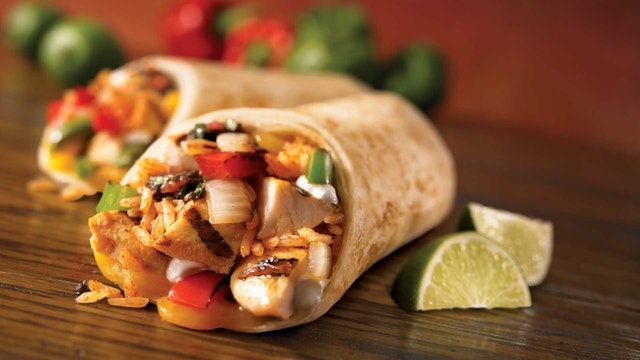
One of my favorite things about teaching cooking and the culinary arts is the research and history of food that I get to delve into when creating recipes. For our upcoming Wrap It Up! workshop June 1, I’ve been researching wrapped foods as a tradition that is found around the world. One of the interesting versions is found right here in our home state of California with the burrito.
While burritos are not classically considered a Mexican dish, they most probably have their origins as portable field and farmworker fare carried from home to rural work sites. Although the origins of the burrito have been traced to Cuidad Juarez on the U.S.-Mexico border, the real evolution of the post-modern burrito has occurred in California during the 20th century.
The three major regional sites of burrito evolution have been San Francisco’s Mission District, Los Angeles and the Chicano Scene in East Los Angeles, and inner city San Diego. Each place has its own distinct interpretation of the burrito, and there are ongoing debates about which town and locale makes the best burrito.
The origins of the Mission Style Burrito can be traced to the Mission District neighborhood in San Francisco during the 1960s and 1970s. This burrito is characterized by a large flour tortilla, steam table carne asada, beans, rice, sour cream and onions. El Farro on Folsom stands out as a beacon of Northern California burrito culture. As the culture evolved, and became a regional culinary movement in the 1970s and 1980s, guacamole, shredded cheese and spicy salsas were added to the mix.
The epicenter for burrito mania in Los Angeles is Al & Bea’s on East First Street, in the heart of East Los Angeles. The Los Angeles version is a bean-centric burrito with additions of shredded cheese and salsa. It’s possible that East Los Angeles is the birthplace of the breakfast burrito made with scrambled eggs, chorizo, beans and cheese, and the on-the-go meal for car-centric blue- and white-collar workers.
Last, but not least, San Diego has its own burrito style, characterized by a no-frills meat, cheese and salsa concoction. La Lomita was serving San Diego bean burritos as far back as the 1960s. Later decades saw a flourishing of burrito shops in the city, and by 1999 San Diego had over 60 locations serving burritos at places with names like Roberto’s, Filberto’s and Hilberto’s. Many of them are still operating and serving up hot and hearty burritos today.
Perhaps on your summer travels you’ll check out some of these Cali hot spots, and we hope that you will join us Saturday, June 1, at the JFK Library in Vallejo for Wrap It Up! and learn how to make more delicious wrapped meals. Learn more about the class here.
Lisa Núñez-Hancock is founder of UR What U Eat. The upcoming wrap cooking workshop is part of the What’s for Dinner? program presented through the Solano County Library and the Friends of the Vallejo Public Library in partnership with Sustainable Solano and UR What U Eat. Check out other upcoming workshop dates and topics here.

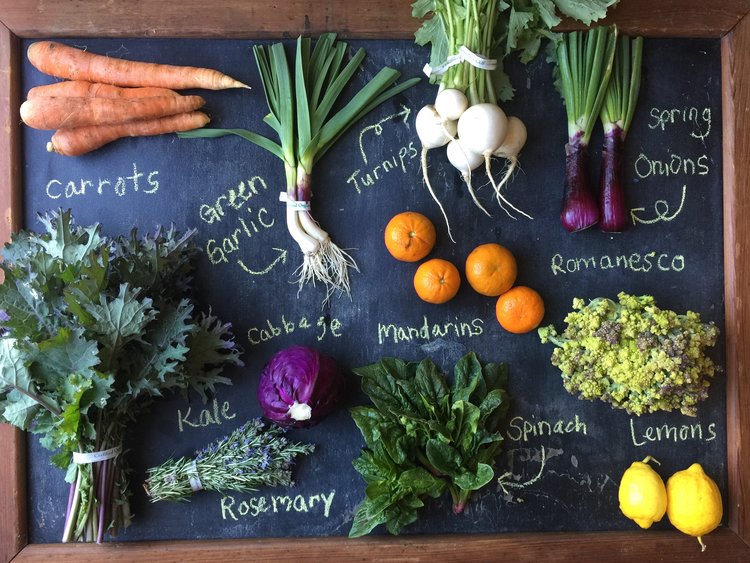
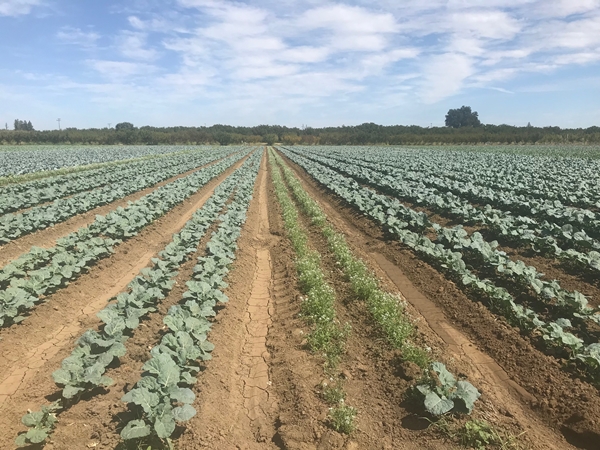
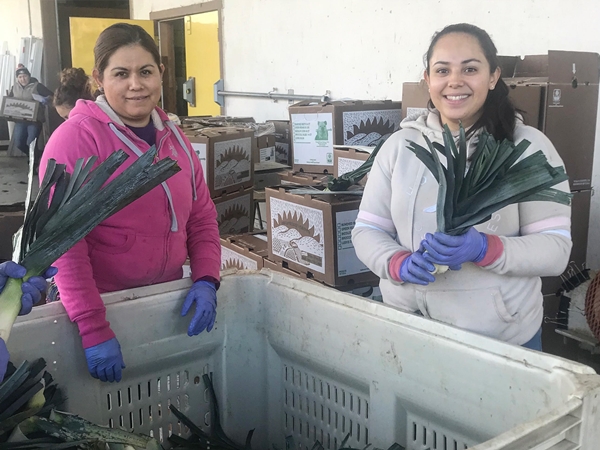
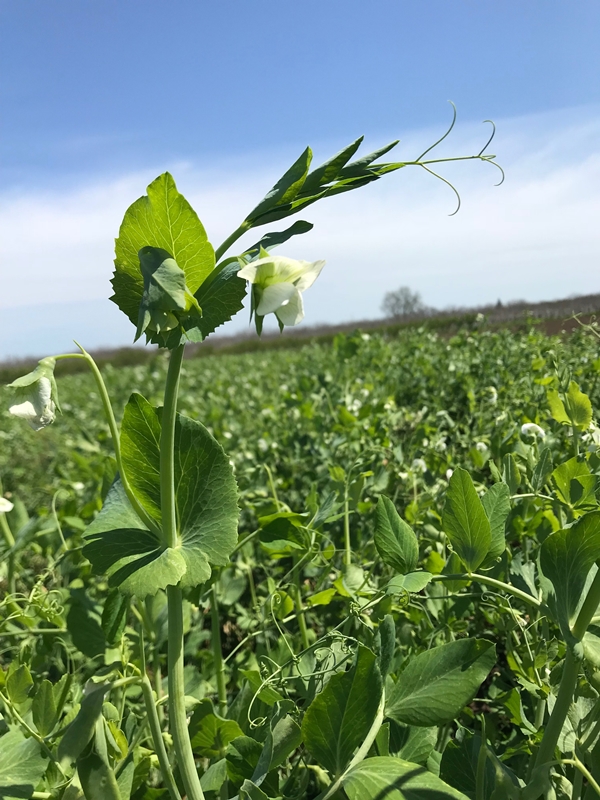
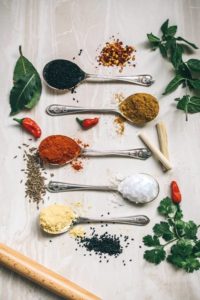 With the days growing colder; the winter and cold and flu season is upon us. Practicing good self-care and incorporating herbs and spices in our diet can help keep our health and immunity strong; increasing our odds of staying well and not getting as sick when we do catch something.
With the days growing colder; the winter and cold and flu season is upon us. Practicing good self-care and incorporating herbs and spices in our diet can help keep our health and immunity strong; increasing our odds of staying well and not getting as sick when we do catch something.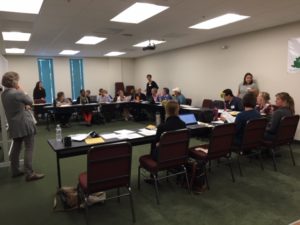 Sustainable Solano’s Local Food Advisory Board had their third meeting on September 18, 2018. This group was formed to support Sustainable Solano’s Local Food initiative, launched in October 2017, with the help of a USDA Local Food Promotion Program planning grant (to see a full list of Advisory Board members,
Sustainable Solano’s Local Food Advisory Board had their third meeting on September 18, 2018. This group was formed to support Sustainable Solano’s Local Food initiative, launched in October 2017, with the help of a USDA Local Food Promotion Program planning grant (to see a full list of Advisory Board members, 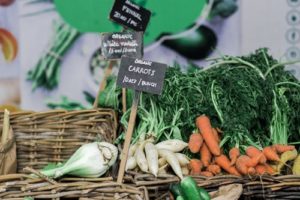 We’ve all heard at least some of the benefits of eating local: fresher produce, better for the environment, contributes to a stronger local economy. Shopping your local farmers’ market is a great way to support your local farmers and eat seasonally. But before you grab your shopping bags and head to the market, you’ll probably want to make a shopping list. But just what is in season? Take the guess work out of what fruits and vegetables are growing in your area right now by using the
We’ve all heard at least some of the benefits of eating local: fresher produce, better for the environment, contributes to a stronger local economy. Shopping your local farmers’ market is a great way to support your local farmers and eat seasonally. But before you grab your shopping bags and head to the market, you’ll probably want to make a shopping list. But just what is in season? Take the guess work out of what fruits and vegetables are growing in your area right now by using the 